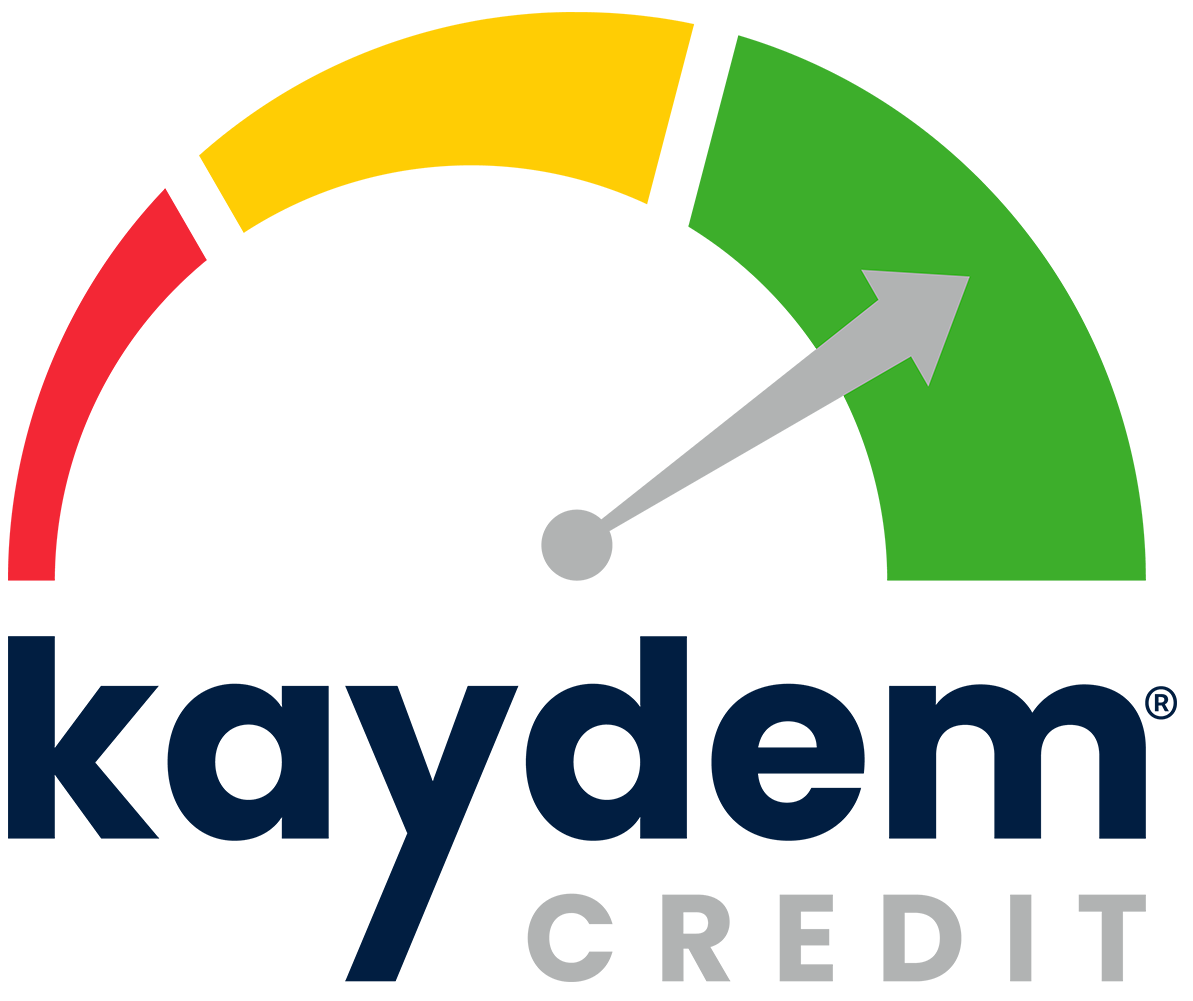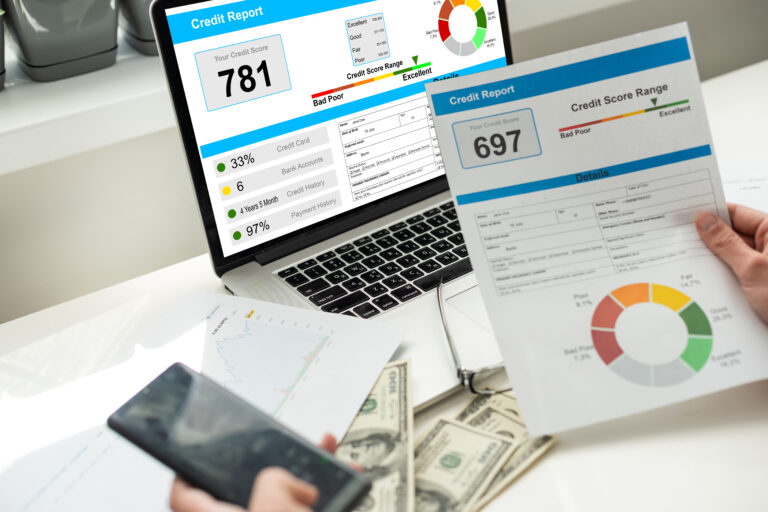If you are reading this, chances are that you are looking for ways to scrub off collections from your credit report. Collections can be a massive uphill battle due to complicated, strict rules and regulations governing them. Before you dismiss the idea of negotiating collections, know that it is not impossible to settle them. Some people even find it easier to clear up their reports than others. This blog post will cover tips and insights on how to negotiate collections on your credit report and regain control over your finances. Whether you have a couple of accounts in collections or several, these practical steps will make it easier to take steps toward credit repair.
How Collections Affect Your Credit Score
Before we dive into the negotiation process, it is crucial to understand how collections can affect your credit score. Your credit score is determined by data points found in your credit report, and any collection information can typically be found under the “Collections” section of the report.
Collections significantly impact your credit score because they are considered negative marks that can substantially lower your score. The number of points you lose will depend on the type and number of collections on your report, but it can often be as many as 100 points.
Benefits of Negotiating Collections on Your Credit Report
Negotiating collections is an effective way to clear up your credit report and boost your credit score. Not only does it help improve your overall financial health, but it can also give you some peace of mind.
When you can successfully negotiate collections, the negative items will be removed from your report and replaced with positive marks such as “paid in full” or “settled in full.” This can significantly impact your score and help you gain access to more favorable loan terms and better interest rates.
How to Negotiate Collections on Your Credit Report
The first step in the negotiation process is to check your credit report for any collections that may be listed. To verify if your accounts have been sent to collections, you can obtain a free credit report from Equifax, Experian, and TransUnion each year by visiting AnnualCreditReport.com. If you wish to monitor your credit reports closely, you can review them monthly with a credit monitoring service like Fund&Grow Credit Services. Either way, be sure to review your report carefully and confirm that its information is accurate.
Understanding the difference between assigned debts and collection agency-owned debts is essential. Assigned debts are accounts transferred from a creditor or lender to a third-party collection agency. On the other hand, collection agency-owned debts are accounts that have been sold or purchased by a third-party collection agency.
Once you have identified which type of debt it is, you can begin to research the statute of limitations for each account and any other relevant information about the debt. This will help you determine your next steps and create a negotiation strategy.
Statute of Limitations on Debts
The statute of limitations (SOL) is the time that creditors have to sue you for a debt. It varies from state to state, so it is essential to research and look into the specific laws in your area. Once the statute of limitations expires, creditors can no longer take legal action against you, which can be a powerful bargaining chip when negotiating collections.
The SOL affects debt negotiation, impacting your approach when negotiating with a collection agency. When the debt has surpassed the SOL, it gives you more bargaining power to discuss payment reduction or settling the debt for an amount less than what is owed. You may also include pay for deletion as part of your negotiation.
However, if the debt is still within the statute of limitations, you have less bargaining power since the collection agency can take legal action against you if you refuse to pay the debt. Here, you might have to agree on a payment plan or settlement that satisfies both parties.
What If the Credit Bureaus Do Not Respond?
If you have attempted to negotiate with the credit bureau and they are not responding, it may be time to consider other options. You could consider hiring a professional service, such as Kaydem Credit Help to assist with the negotiation process. This could be more beneficial for you as they often have experience dealing with credit bureaus and are aware of the laws and regulations in your state.
In addition, if you have already paid off a debt or the debt has been sold to a different collection agency, it is essential to ensure that the collections are removed from your credit report. If the collection agency does not respond to your dispute, you may consider filing a complaint with the Consumer Financial Protection Bureau (CFPB).
The Negotiation Process
Once you understand the collections process and have identified which accounts need to be negotiated, it is time to start formulating your negotiation strategy. Before contacting the collection agency, you should determine your ideal outcome. Do you want to pay the debt in full? Are you willing to settle for an amount less than what is owed? Having a clear goal will make it easier for you to negotiate with collection agencies and develop an agreement that works for both parties.
It is important to know your rights when it comes to debt negotiation. Collection agencies typically cannot make false statements or threaten legal action against you unless they plan on pursuing a lawsuit. You also have the right to dispute any inaccuracies in the information listed on your credit report.
Next Steps
Learning how to negotiate collections on your credit report can be intimidating, but with the right approach, you can effectively manage and resolve issues. Understanding the process, researching the statute of limitations for each account, and formulating a negotiation strategy can give you the best chance of successfully negotiating collections off your credit report.
Once you have successfully negotiated all accounts in collections off your report, keeping track of your progress and regularly checking your credit report to ensure the collections were removed is a good idea. By taking these steps, you can improve your financial health and boost your credit score in no time!
For more help navigating the debt collection process or for advice on negotiating collections on your credit report, contact Kaydem Credit Help today. Our team of professionals is here to help you gain financial freedom and secure a brighter future.







